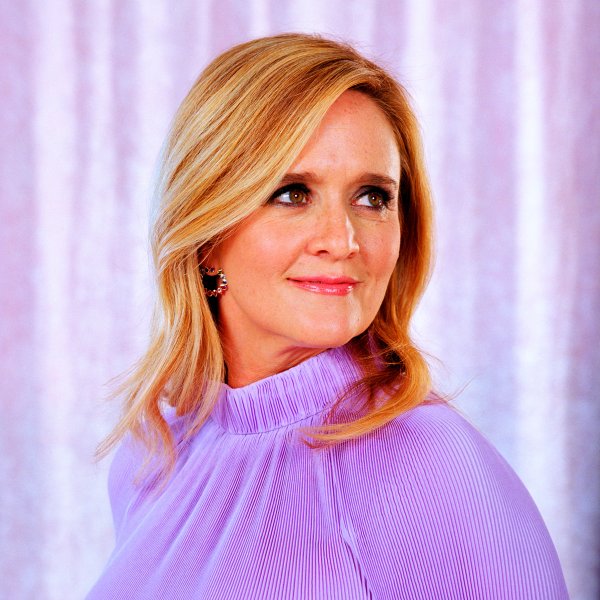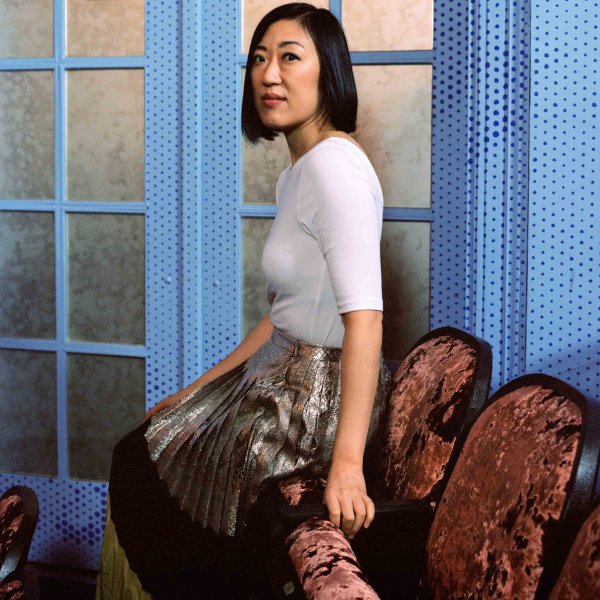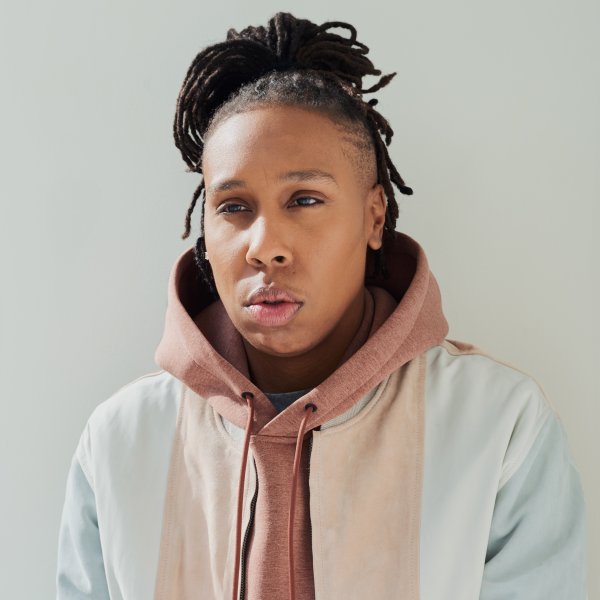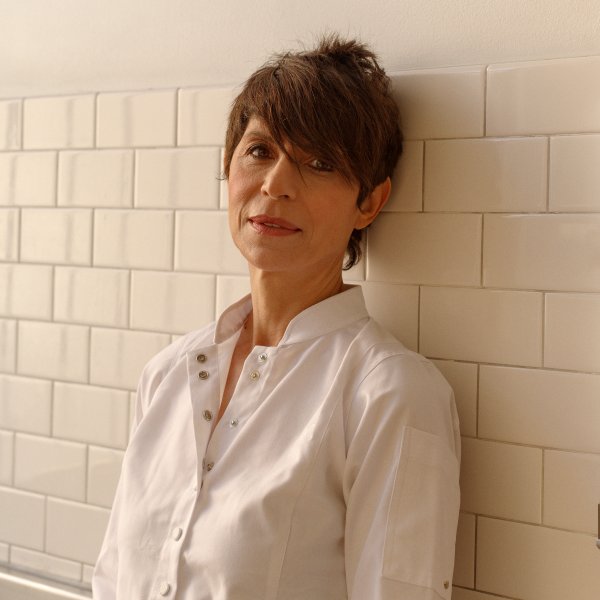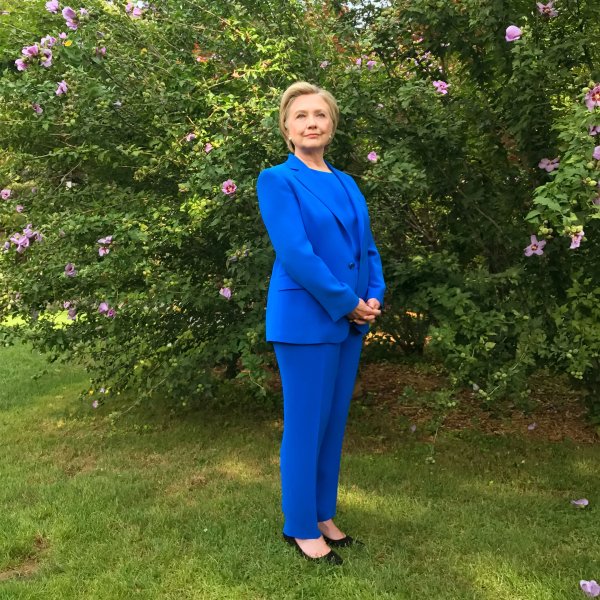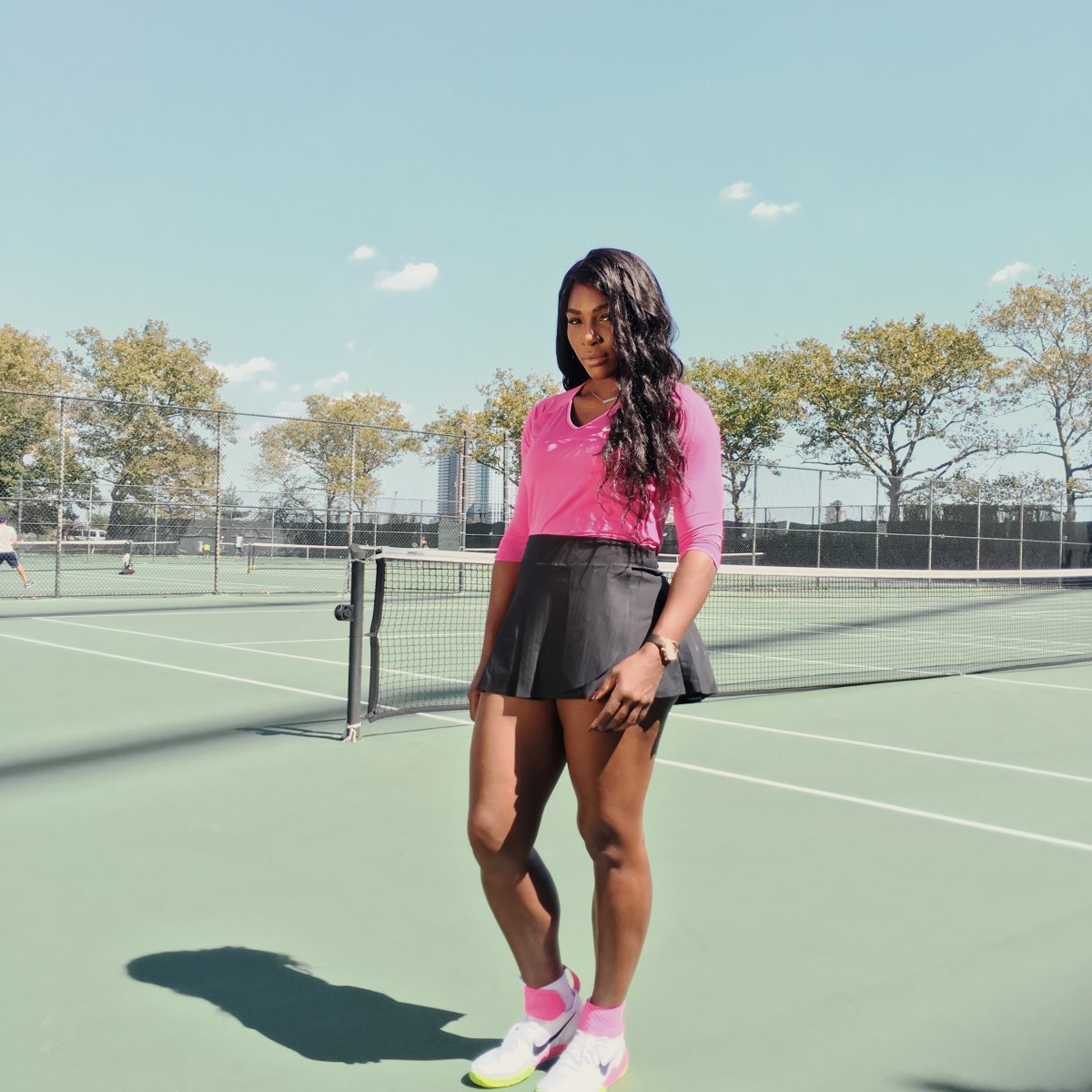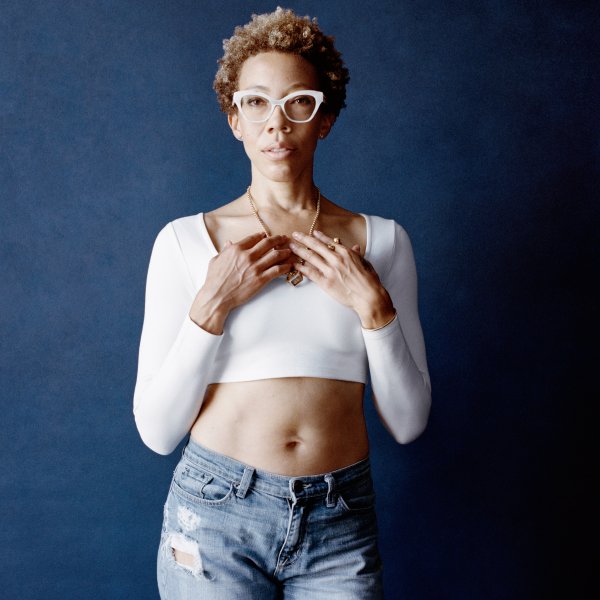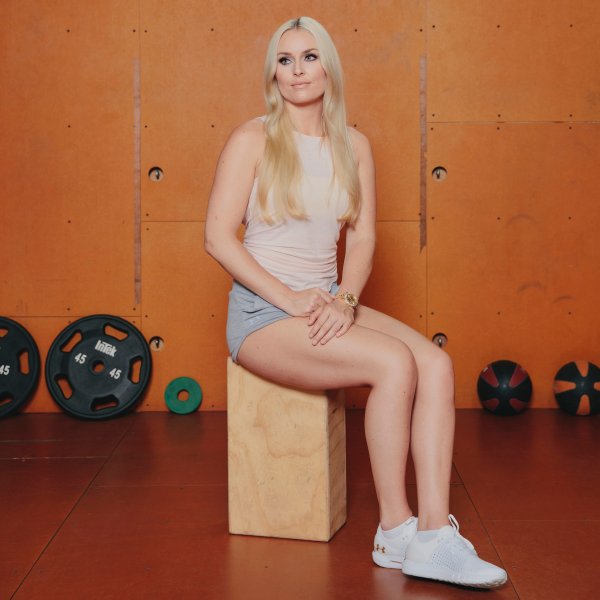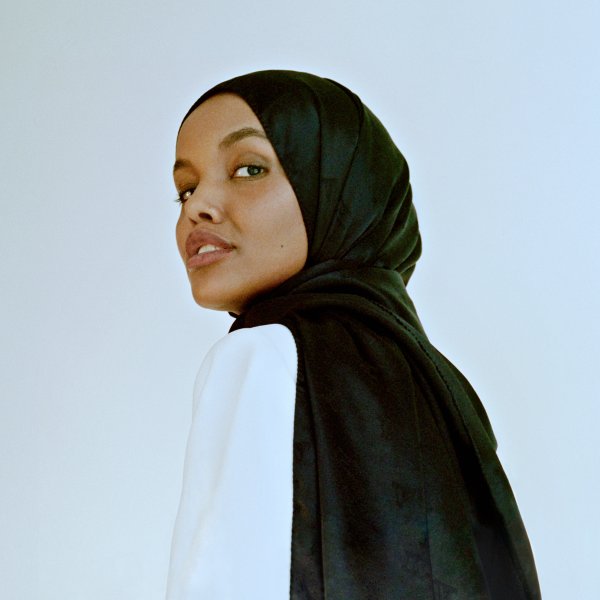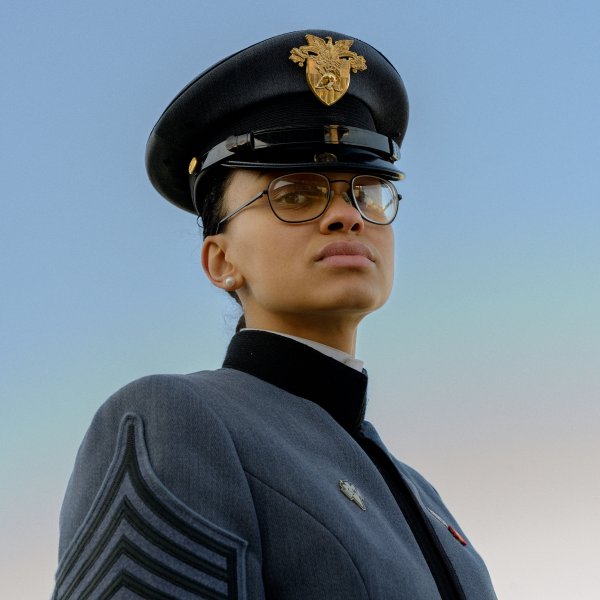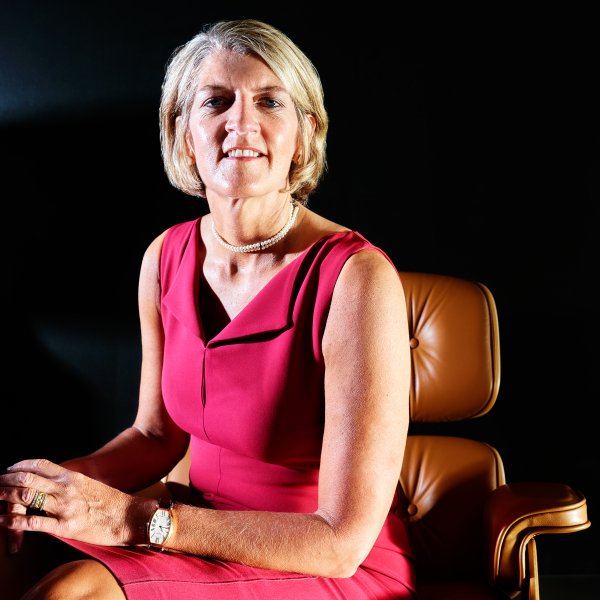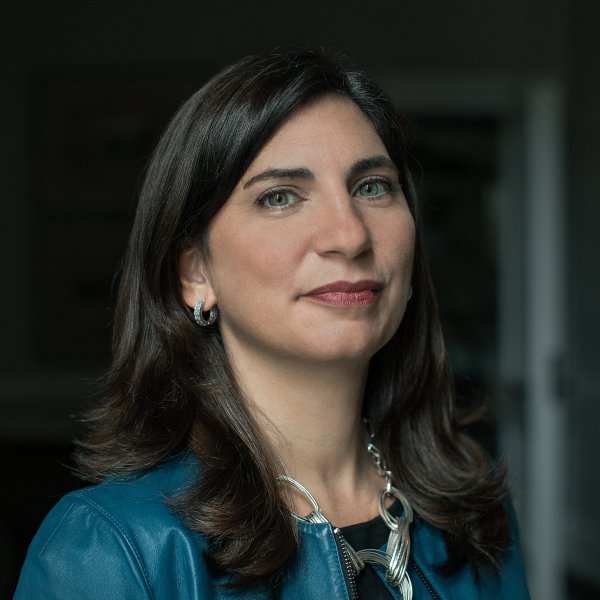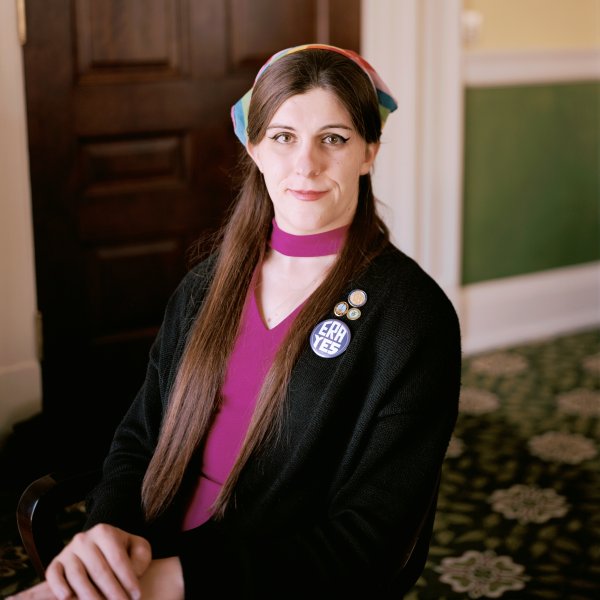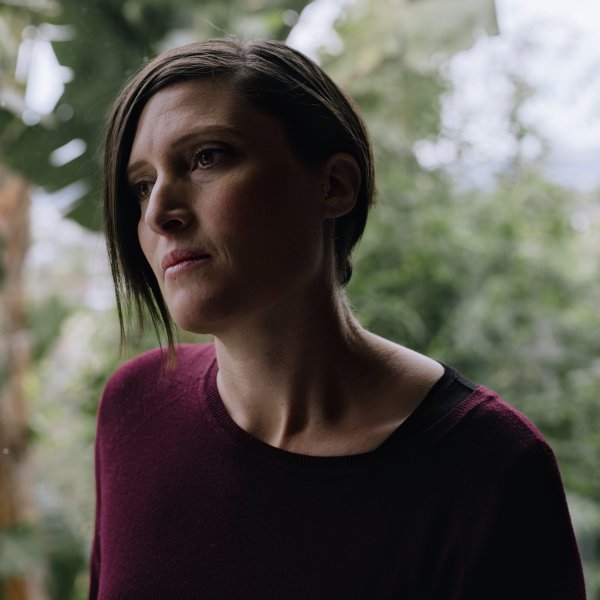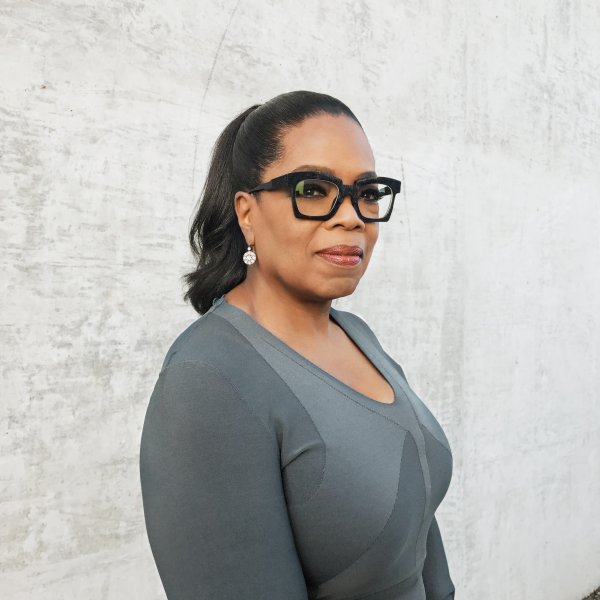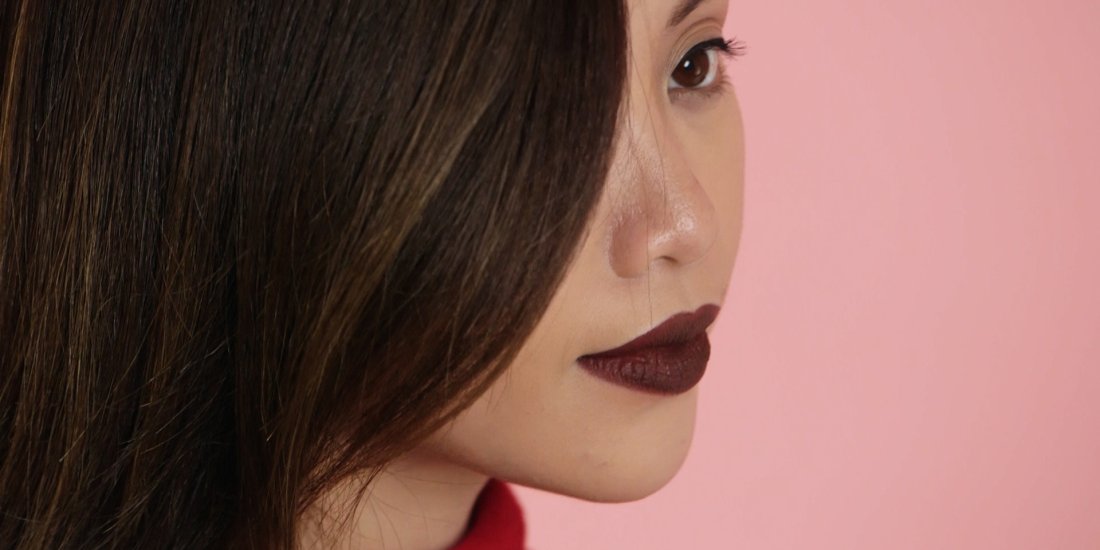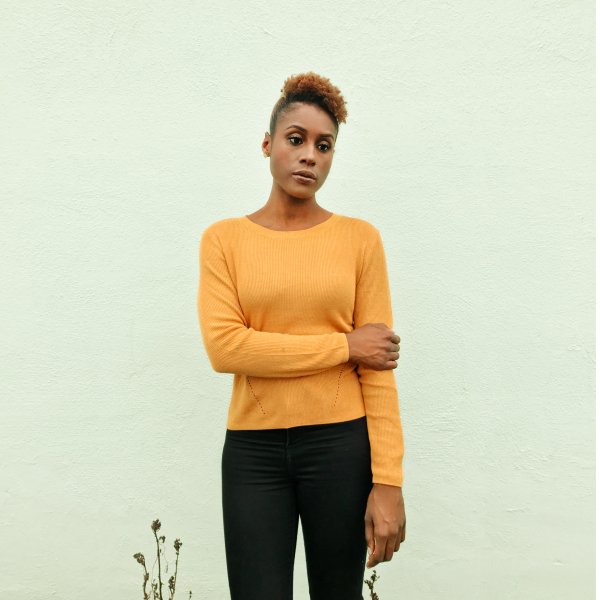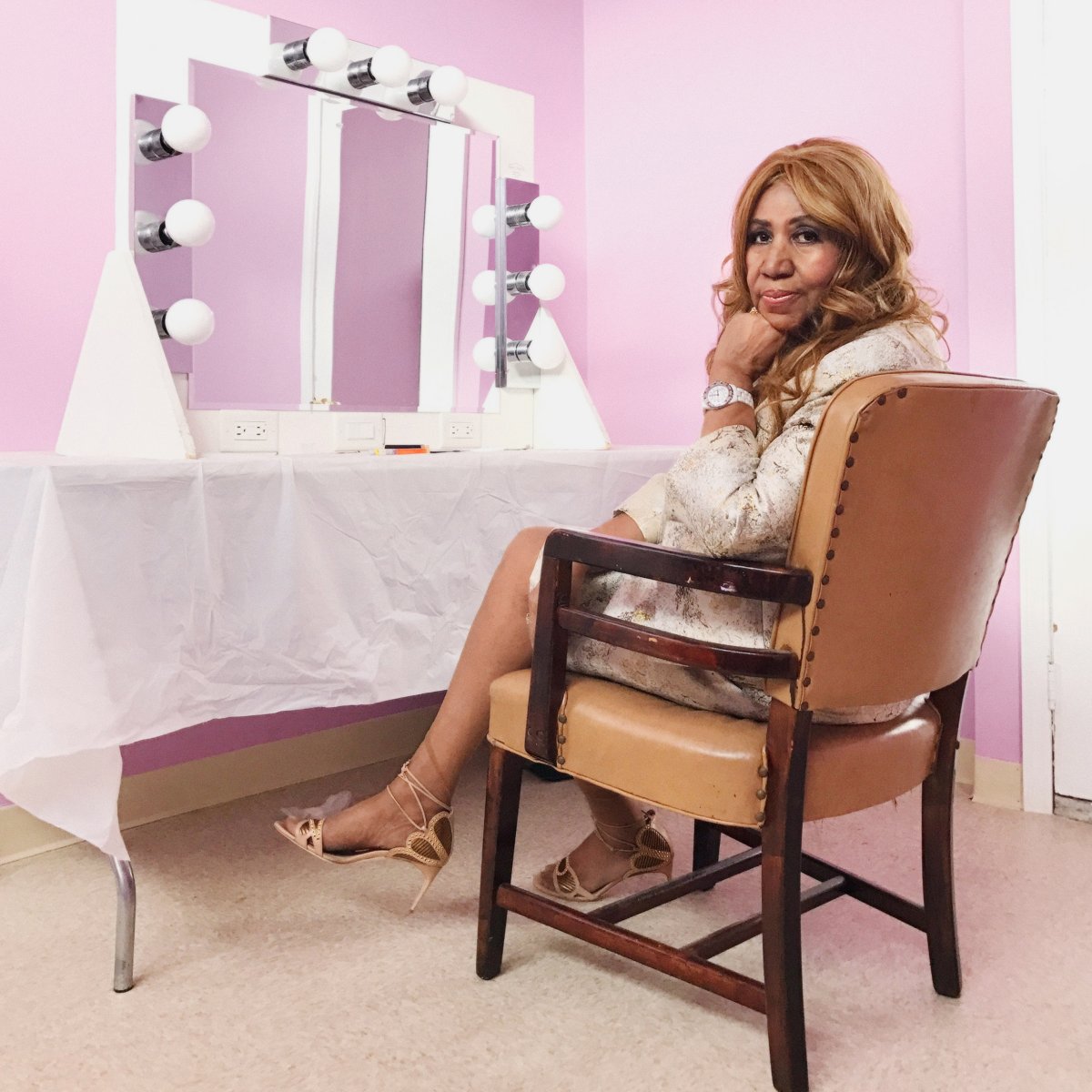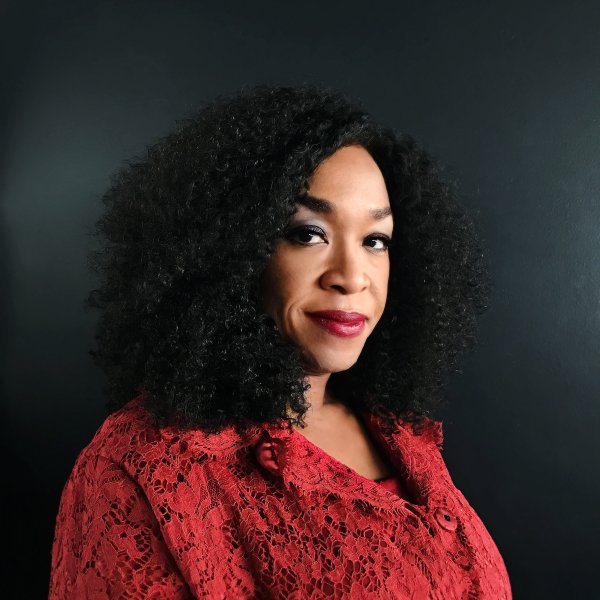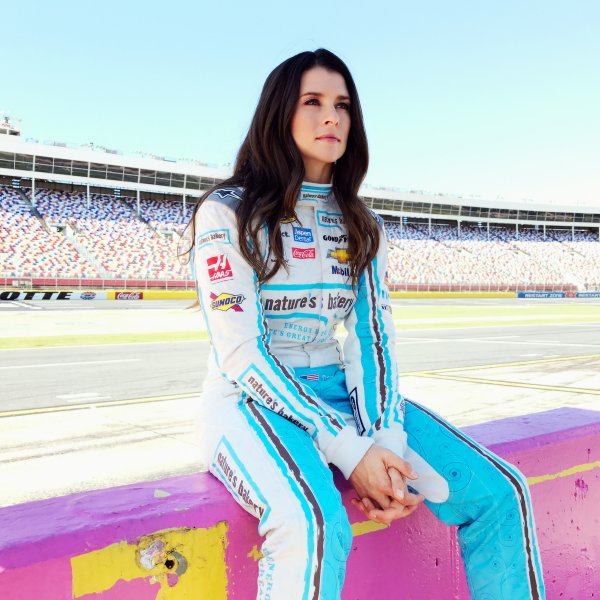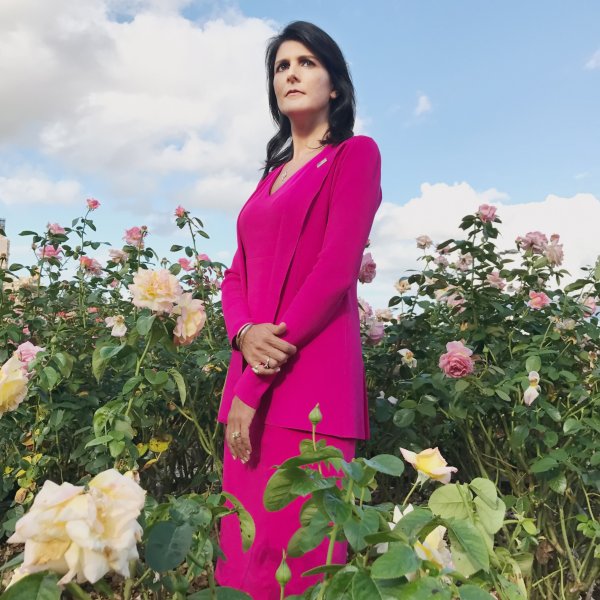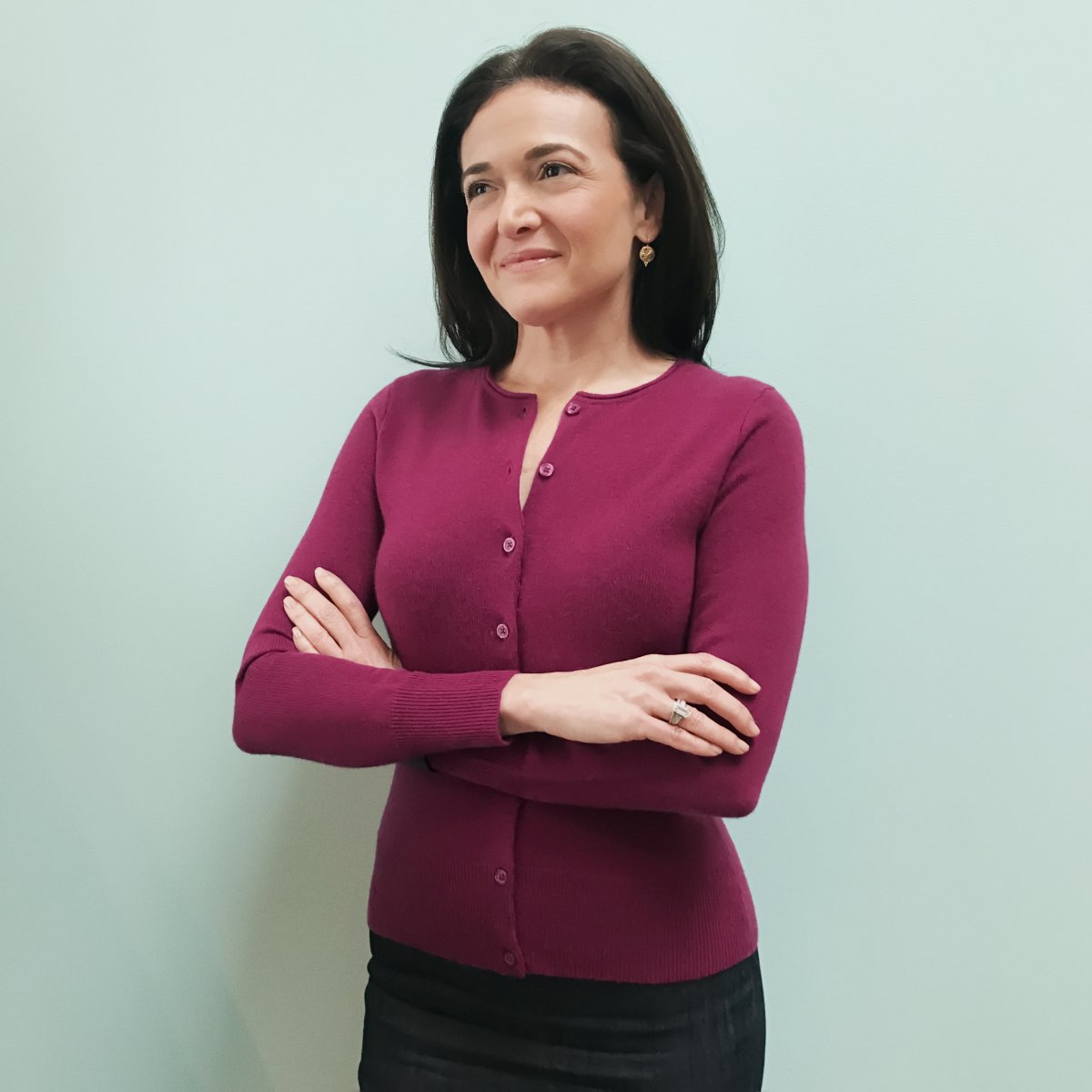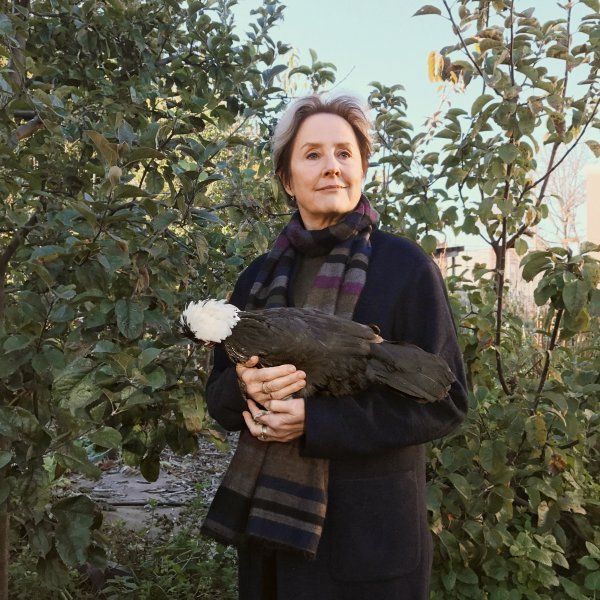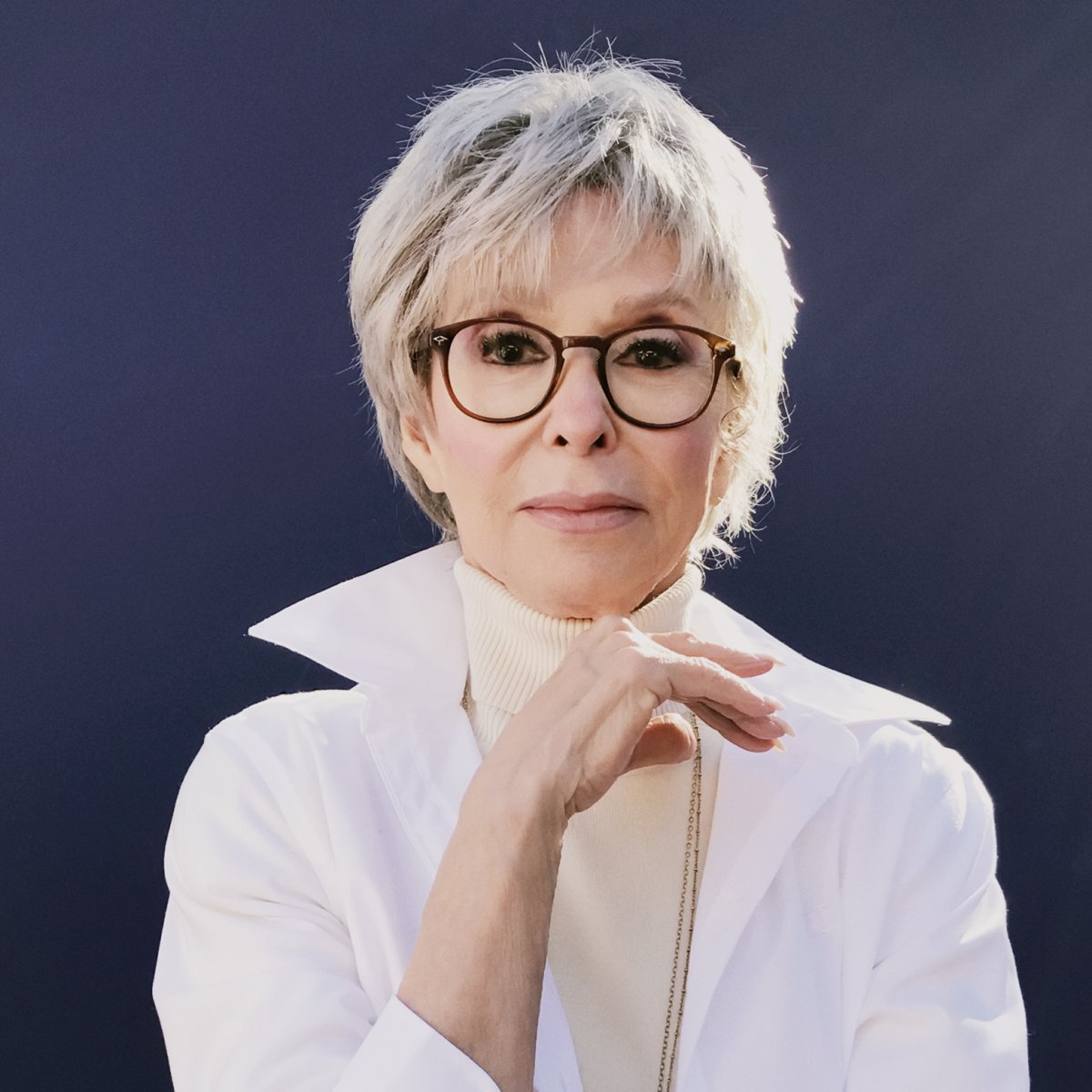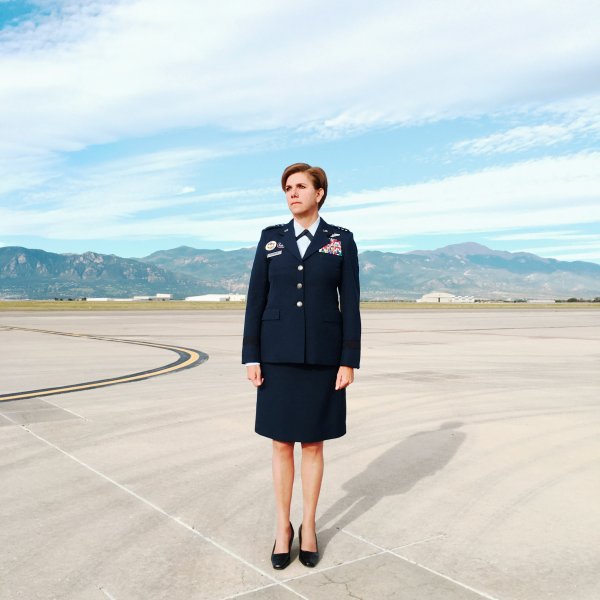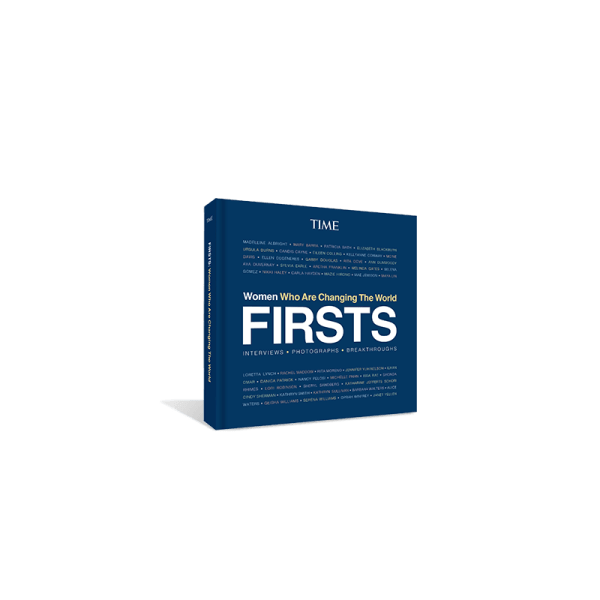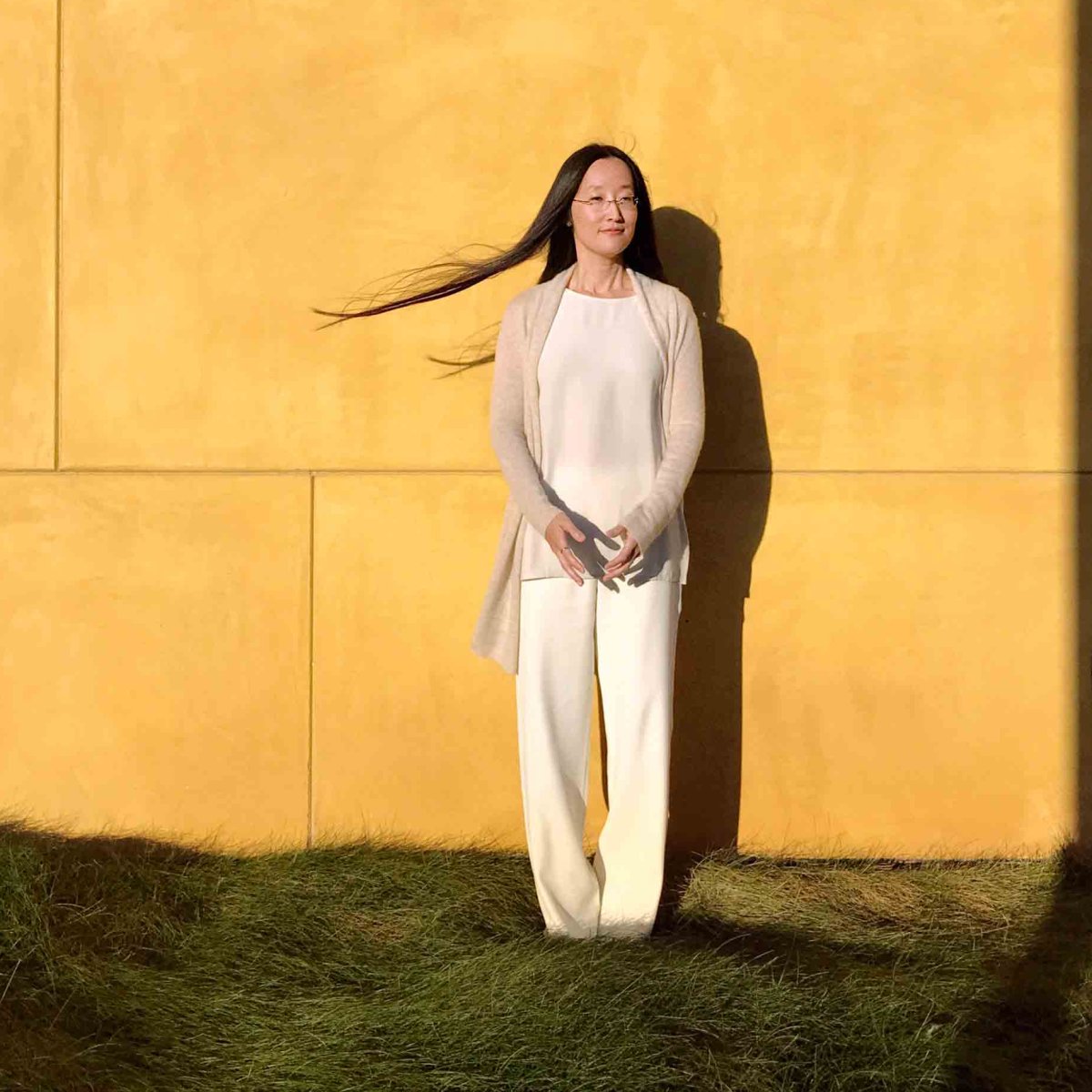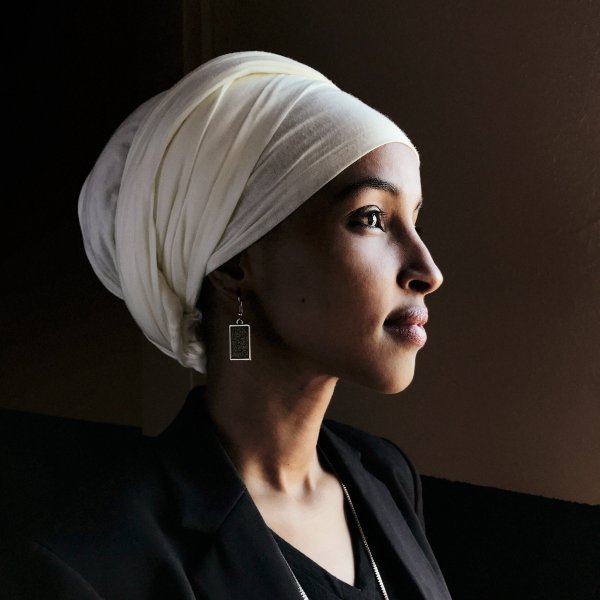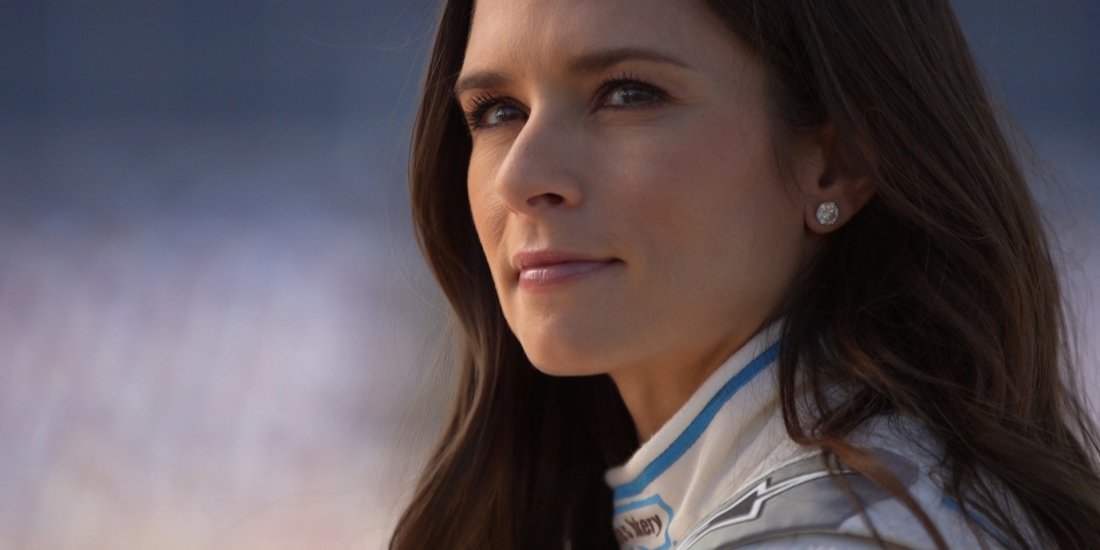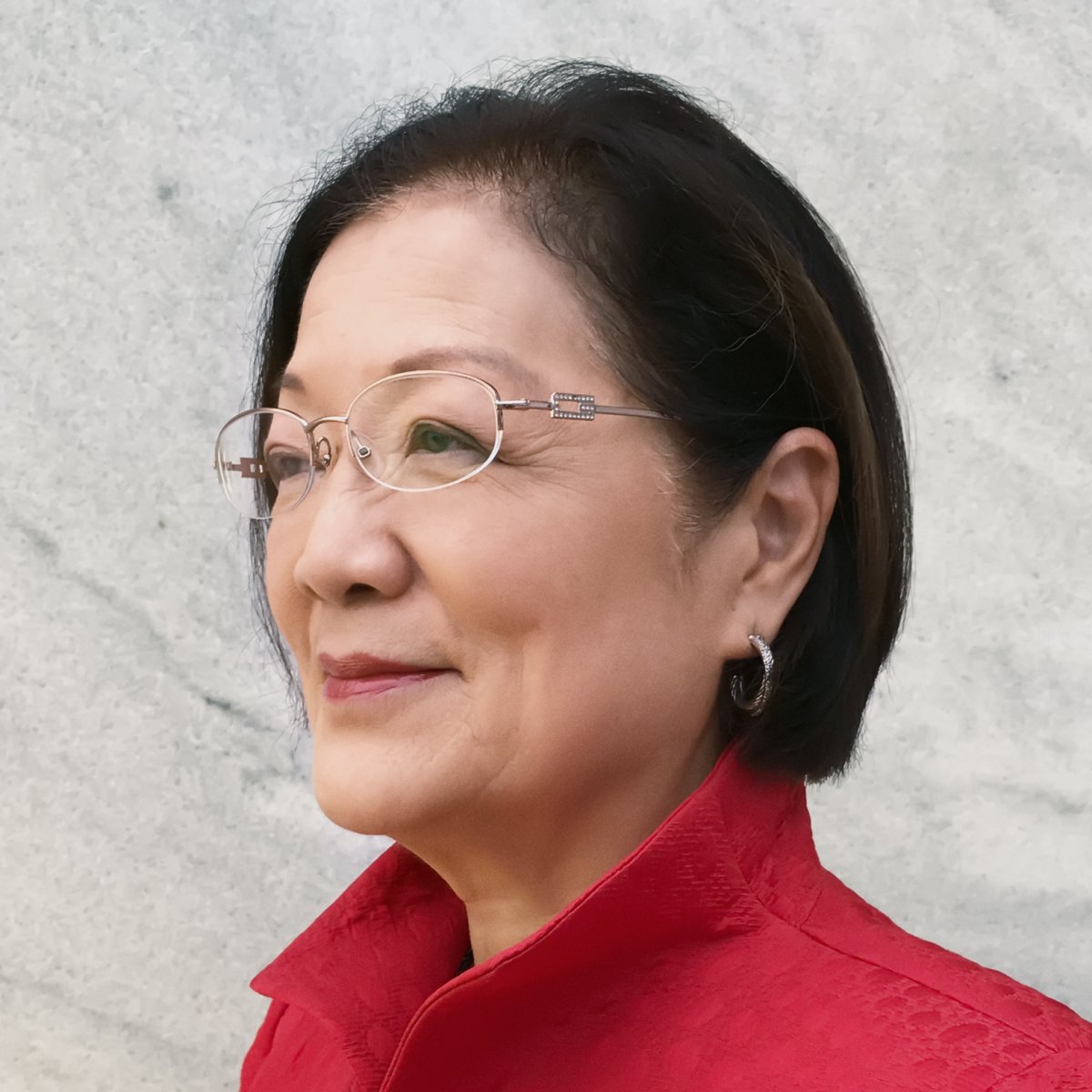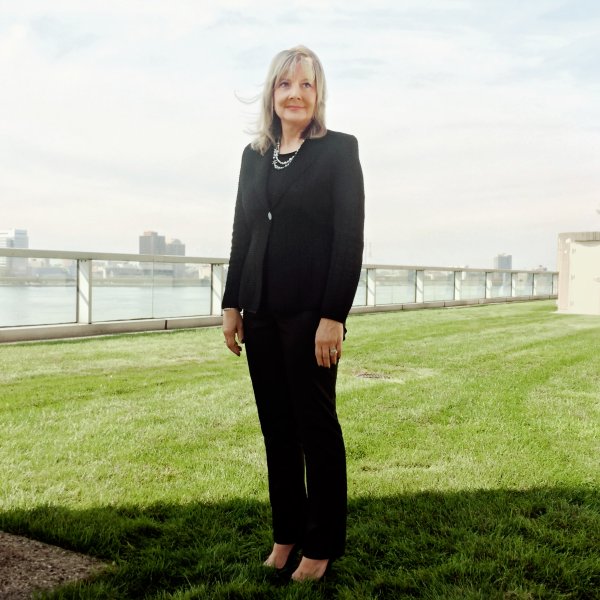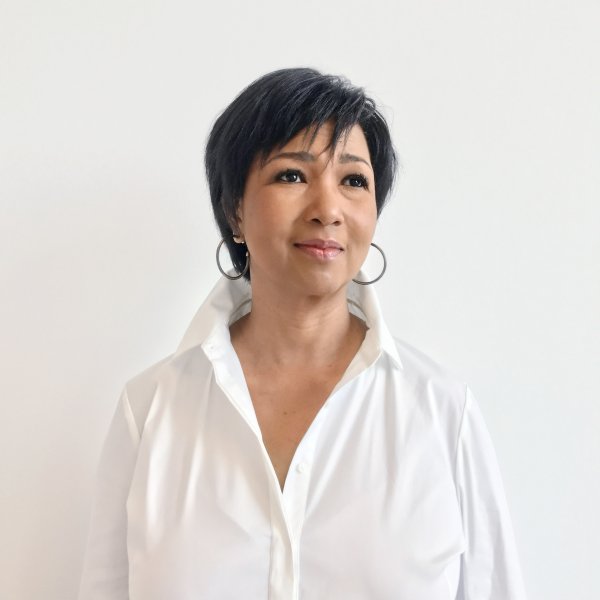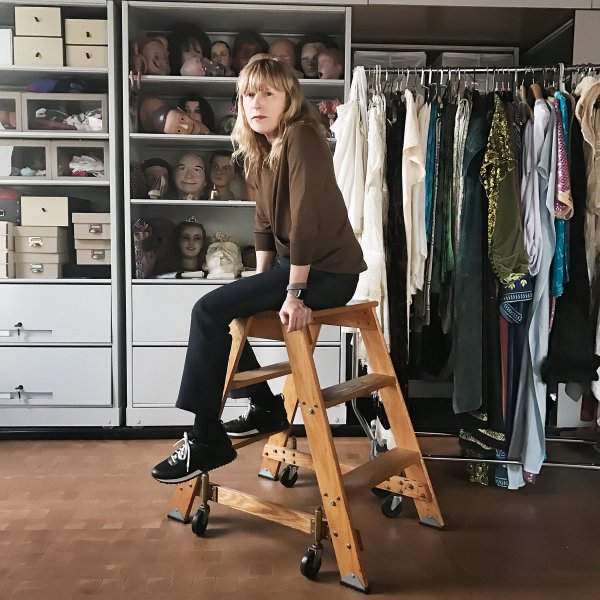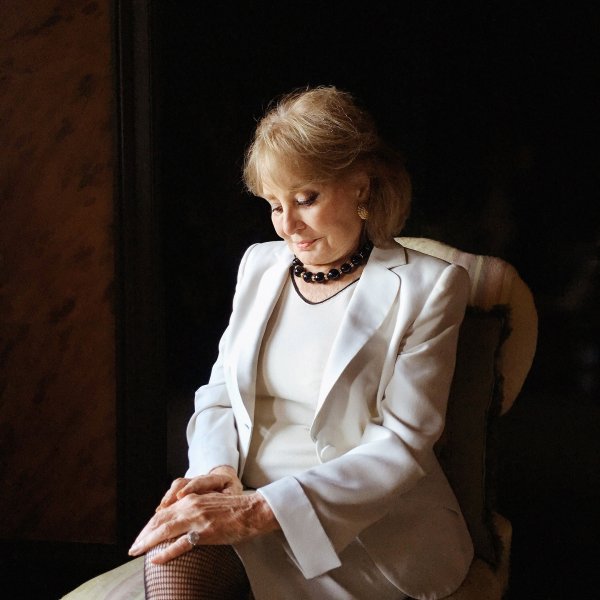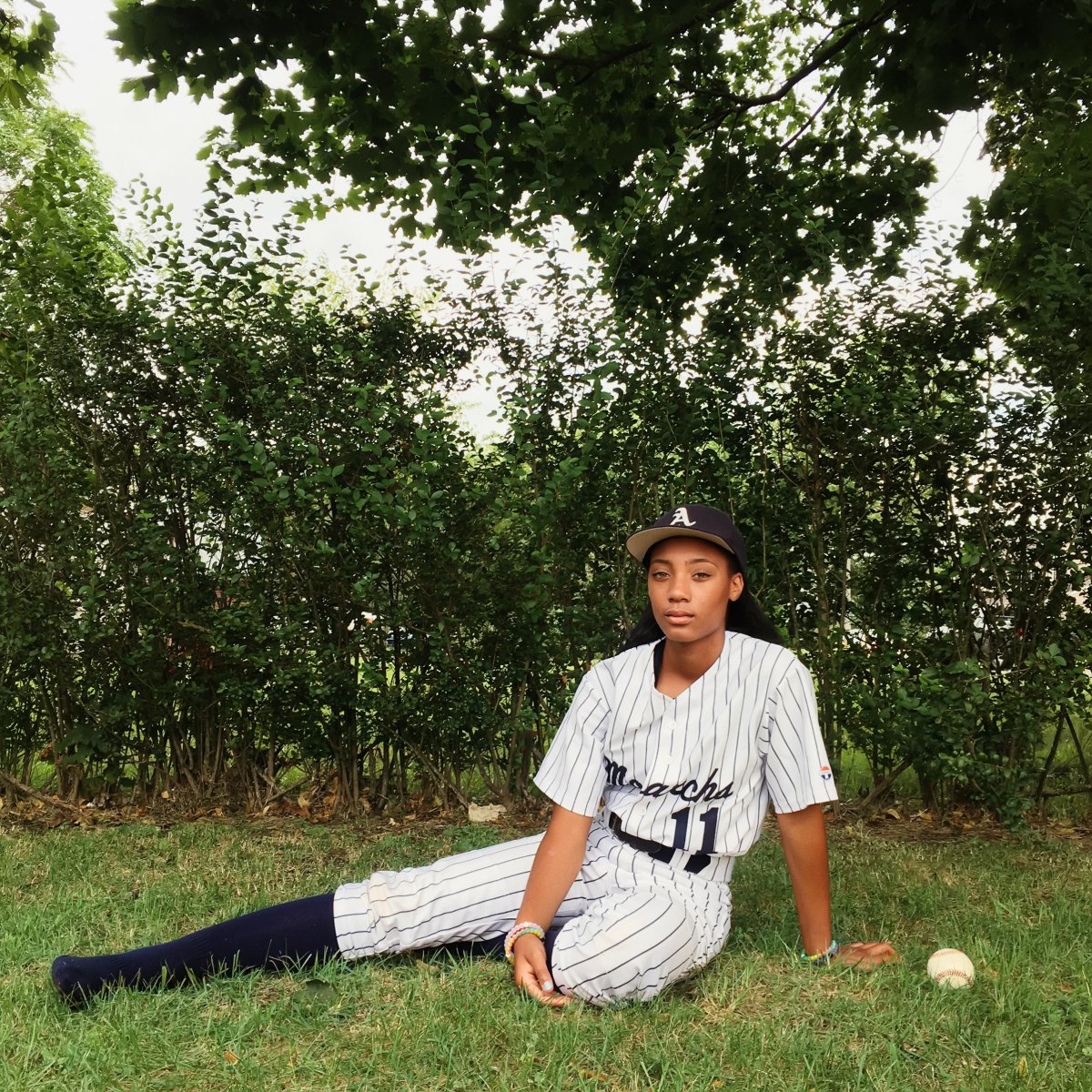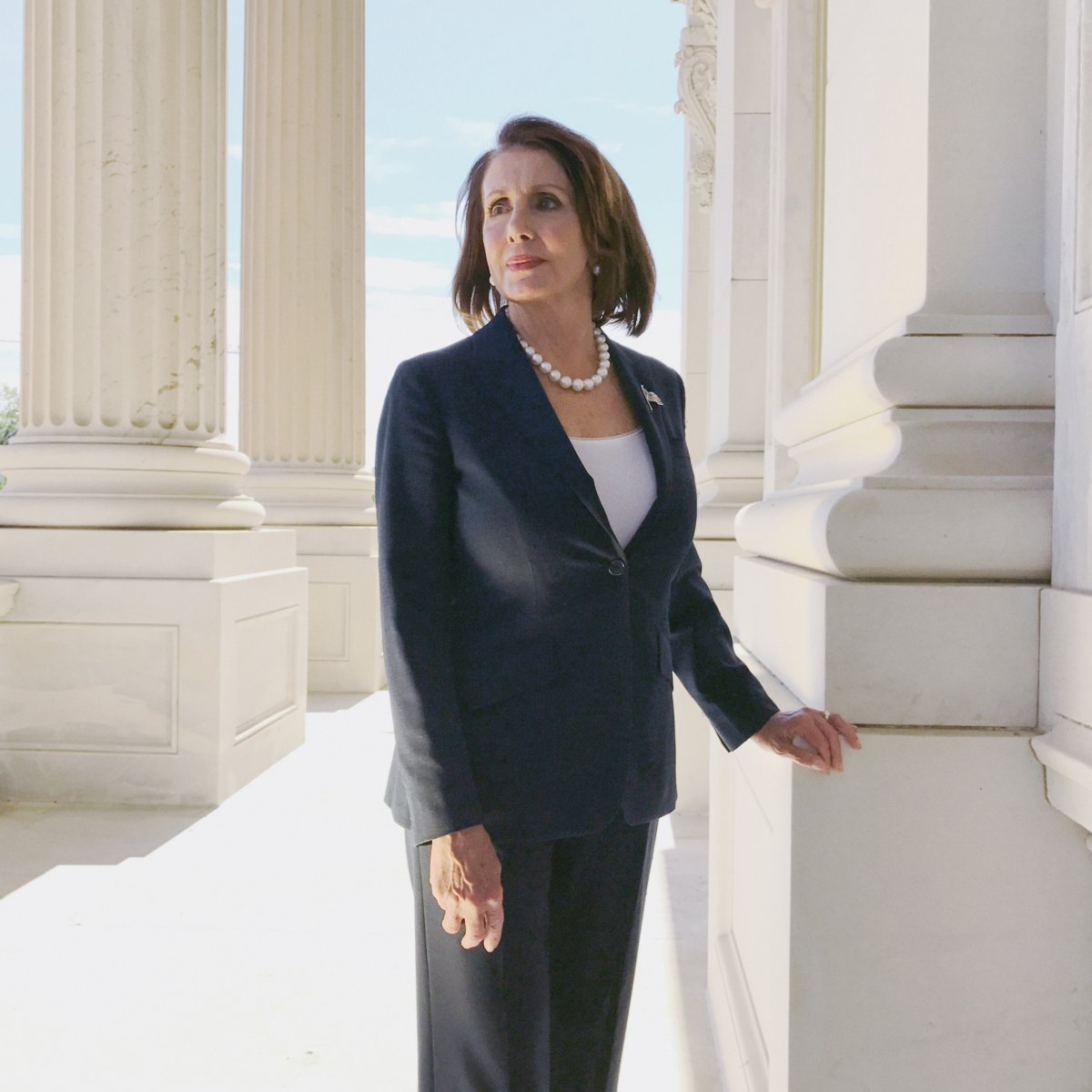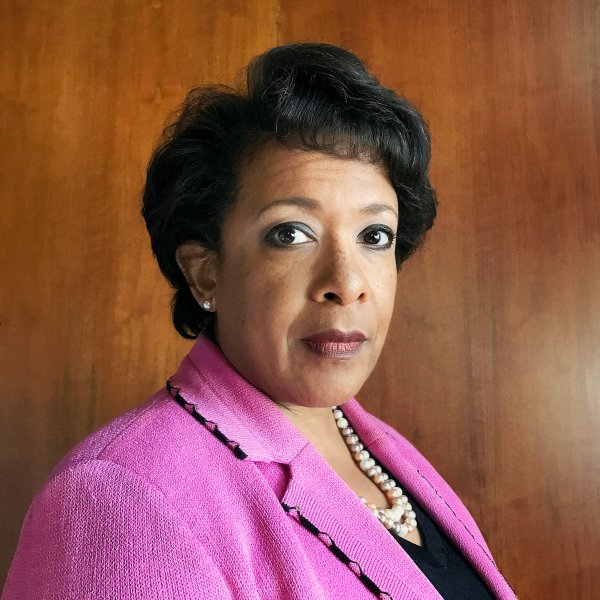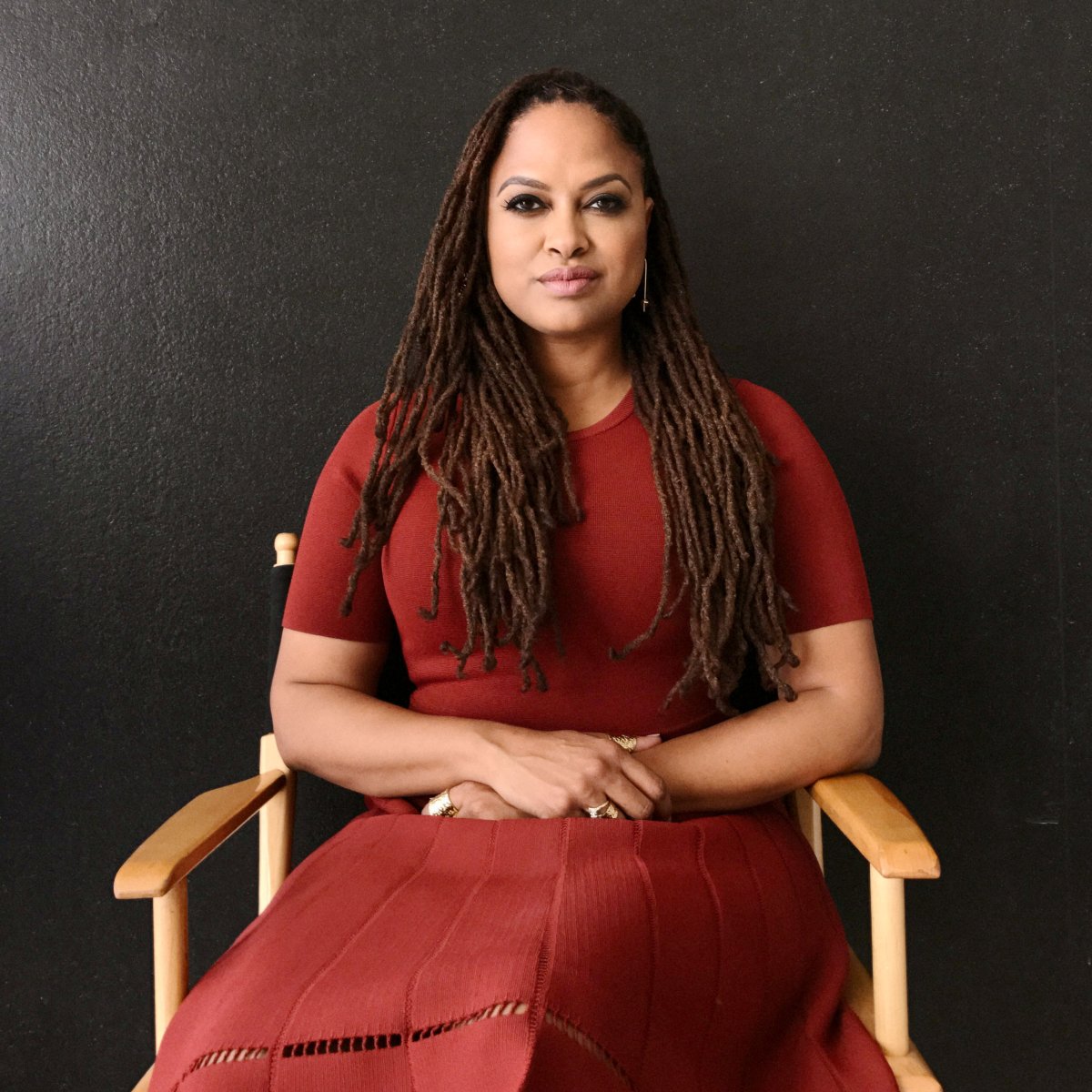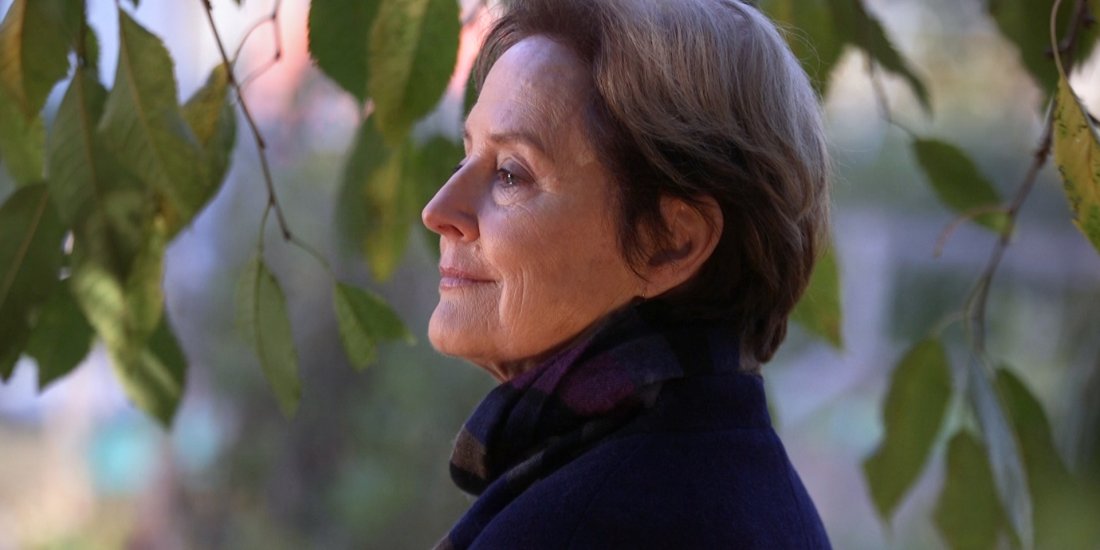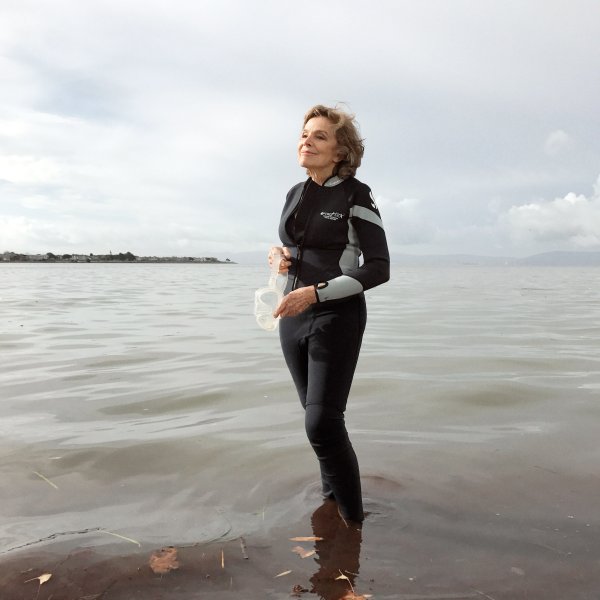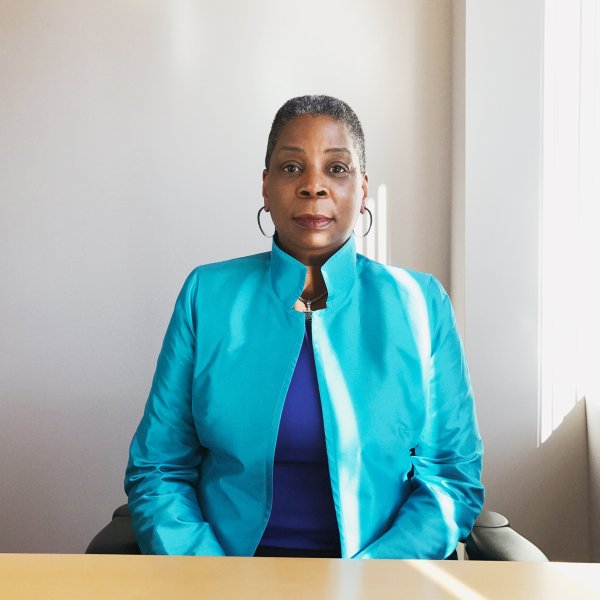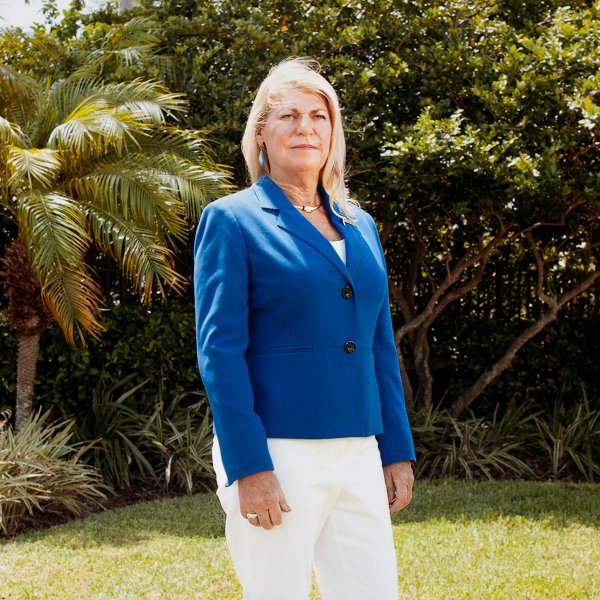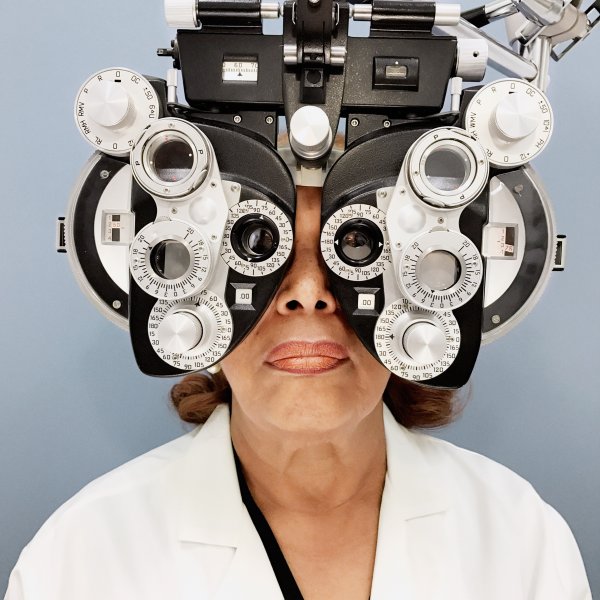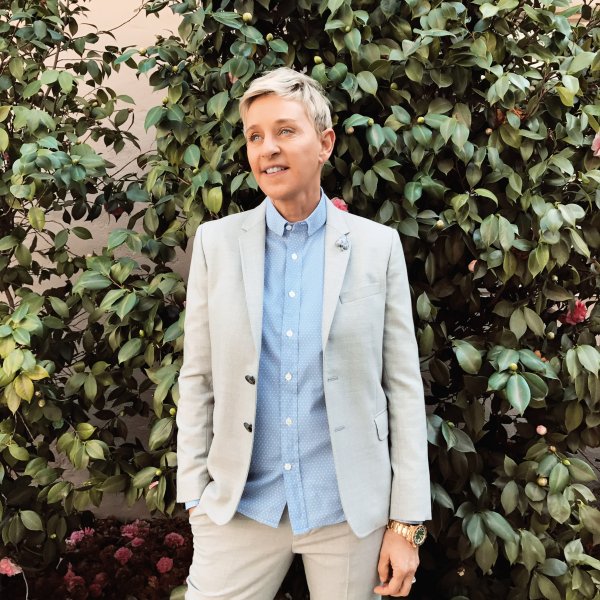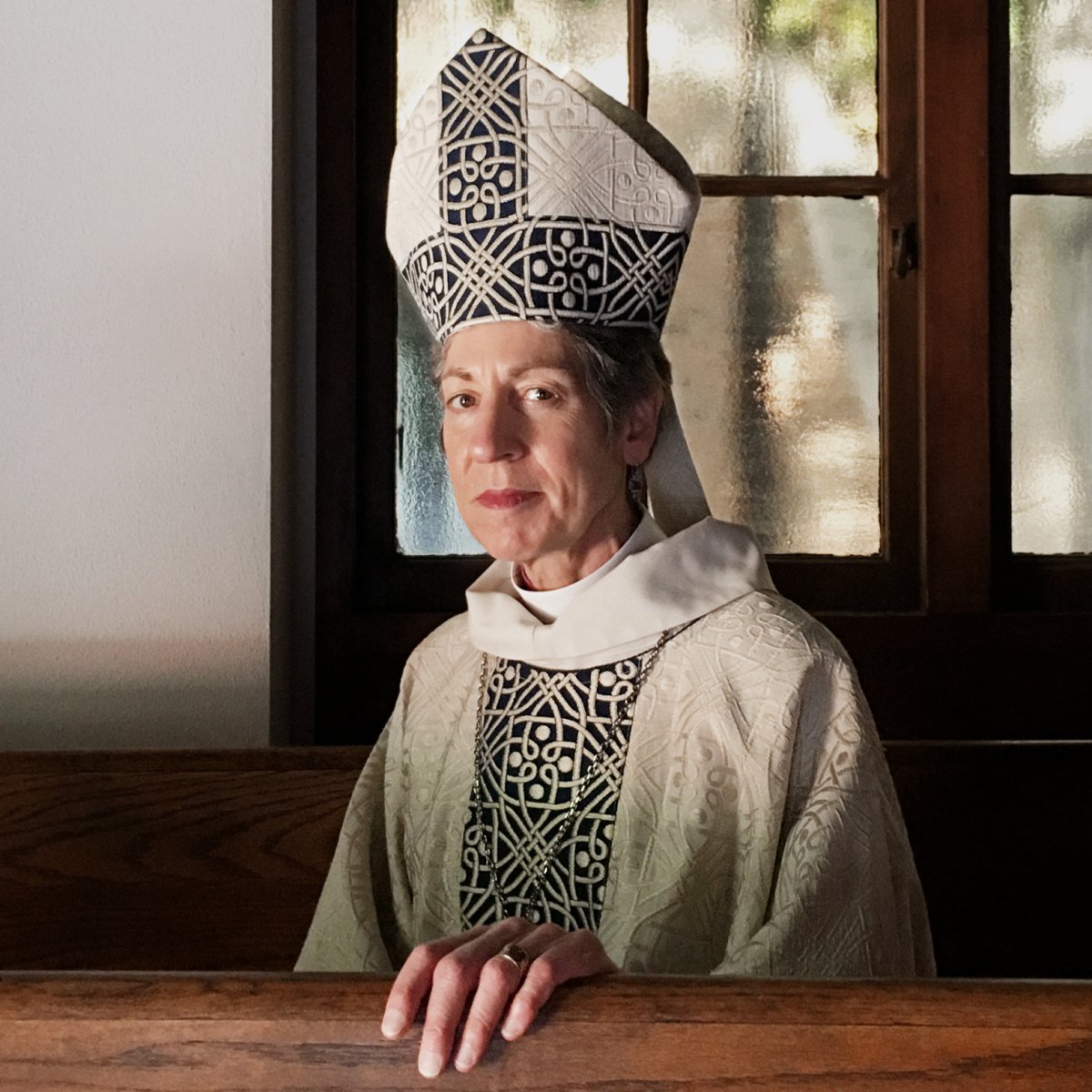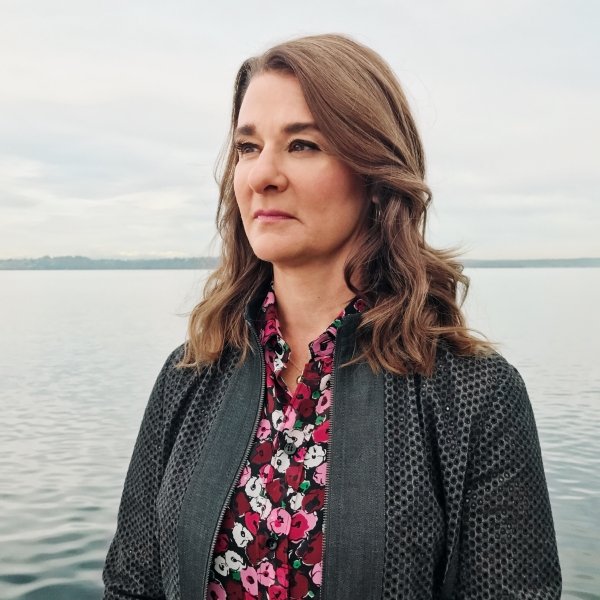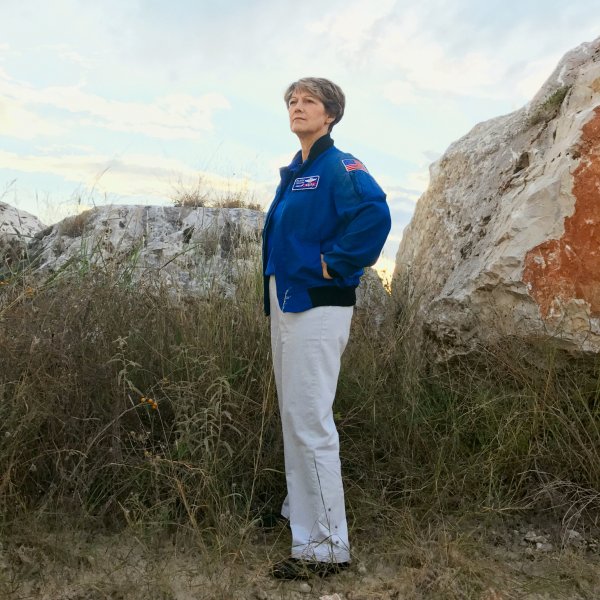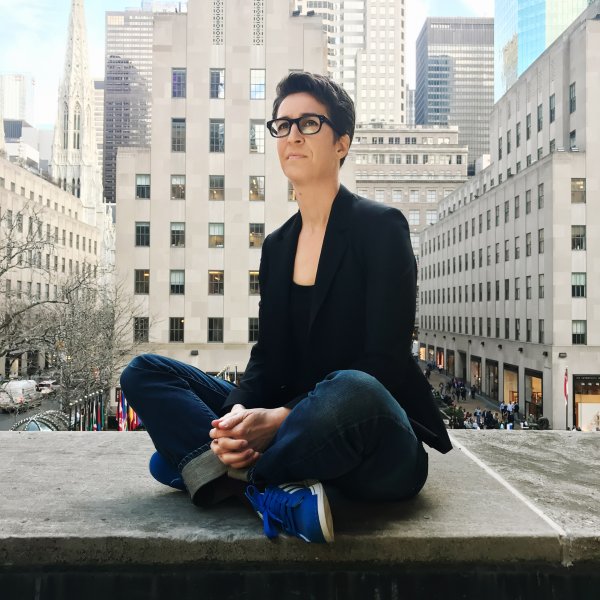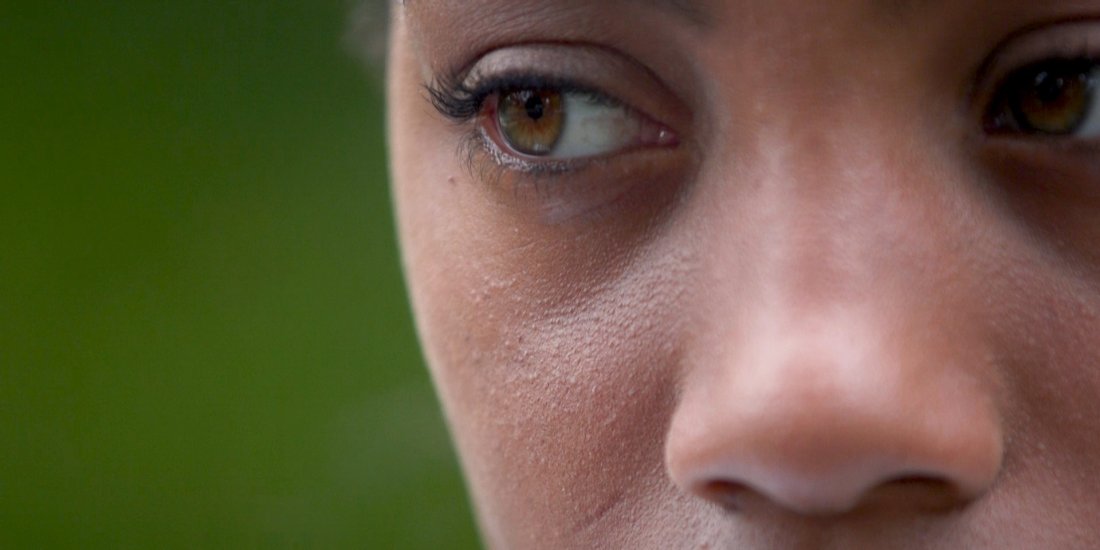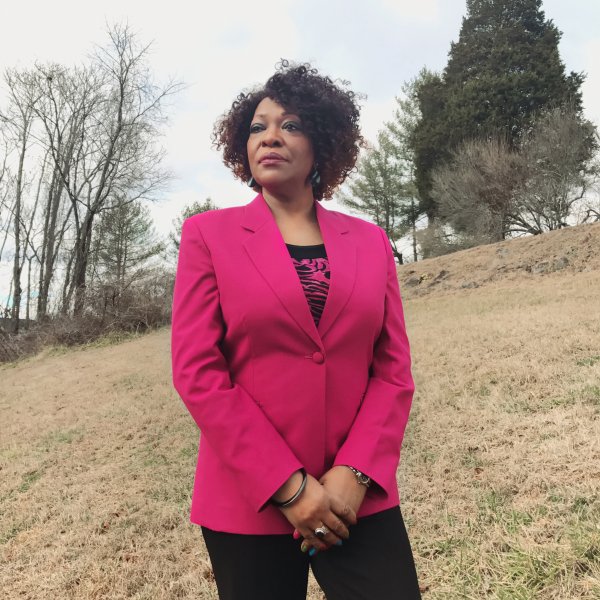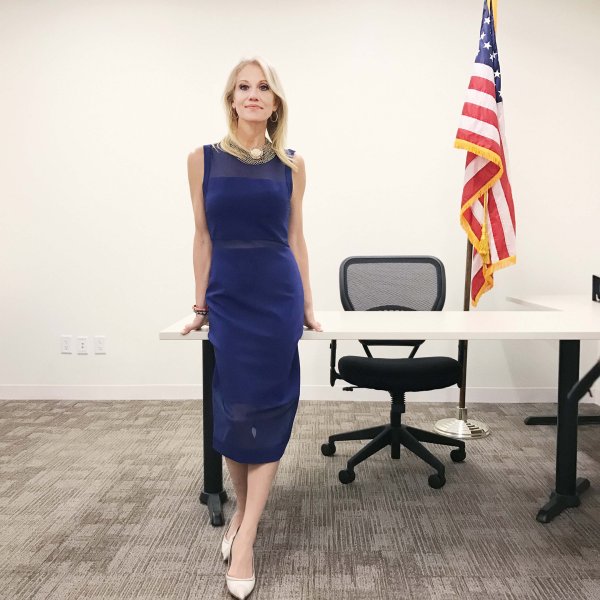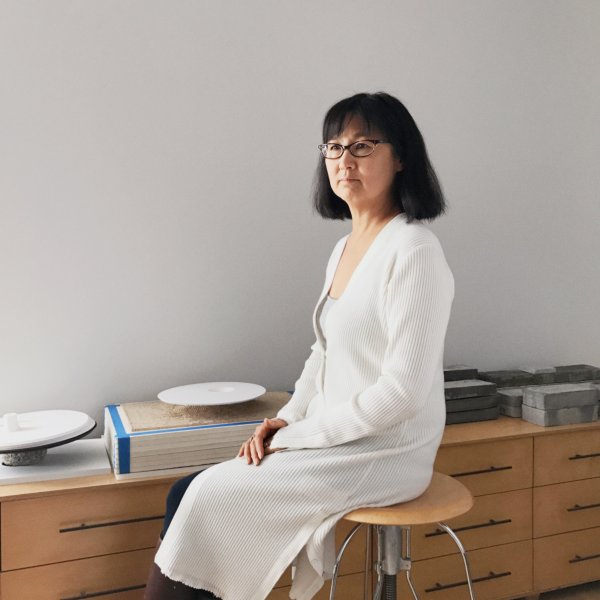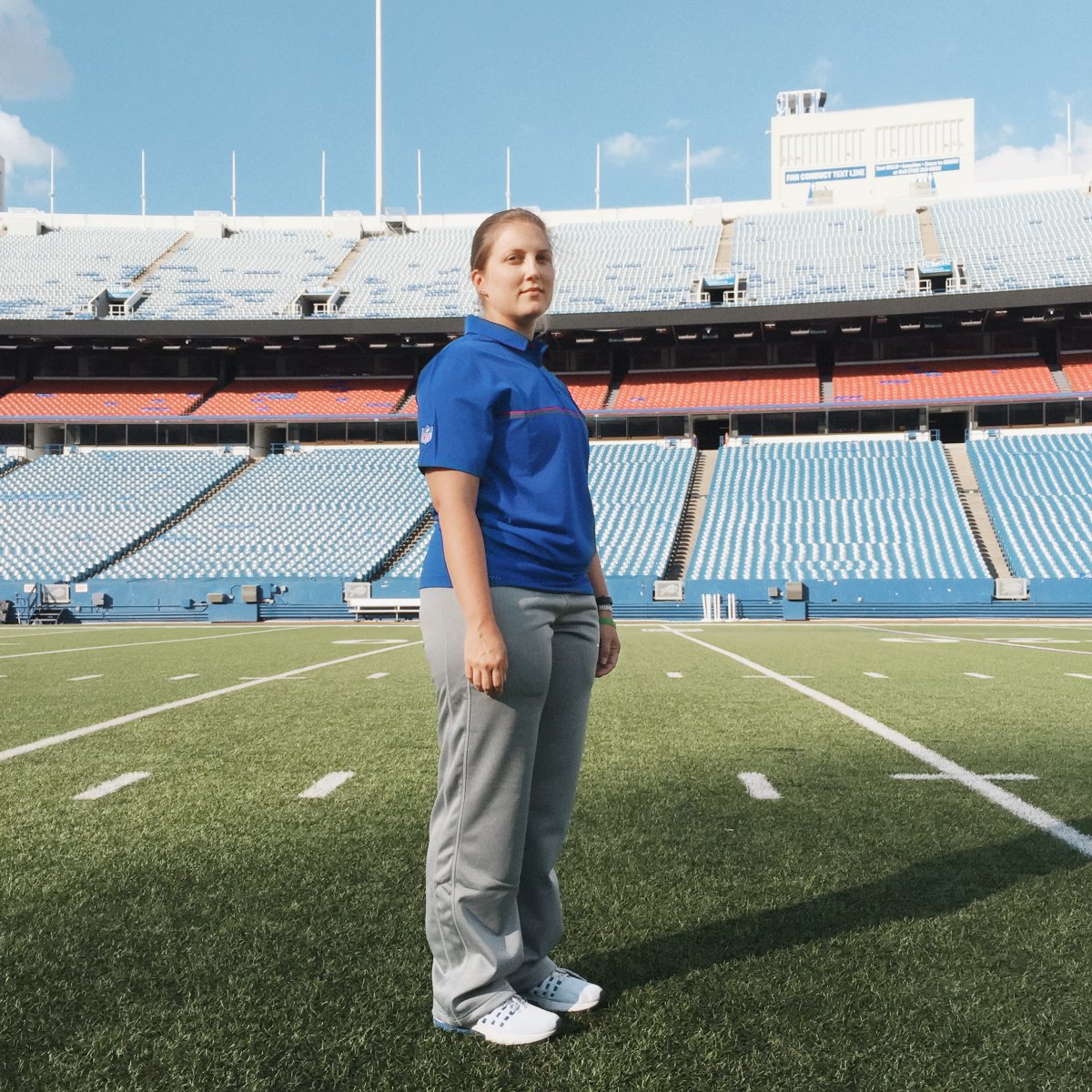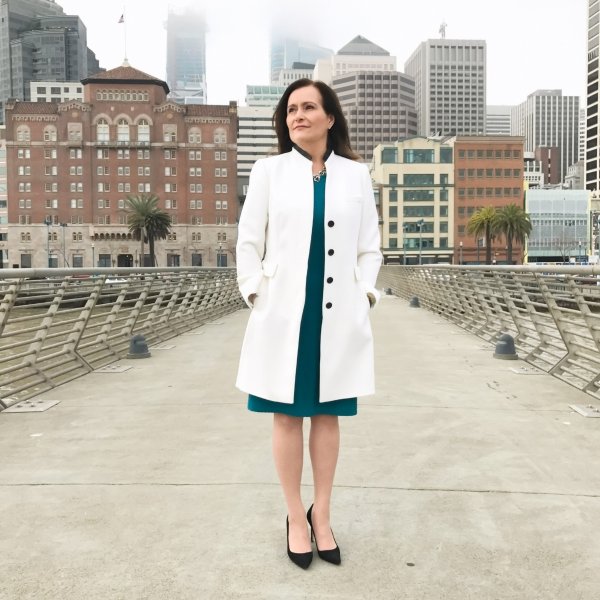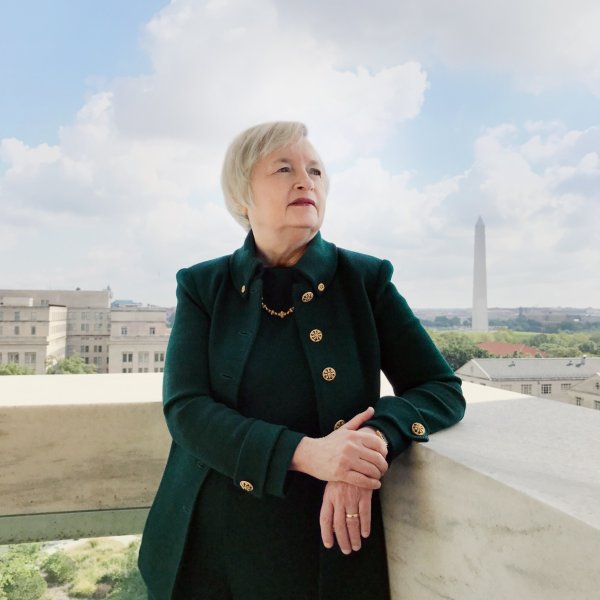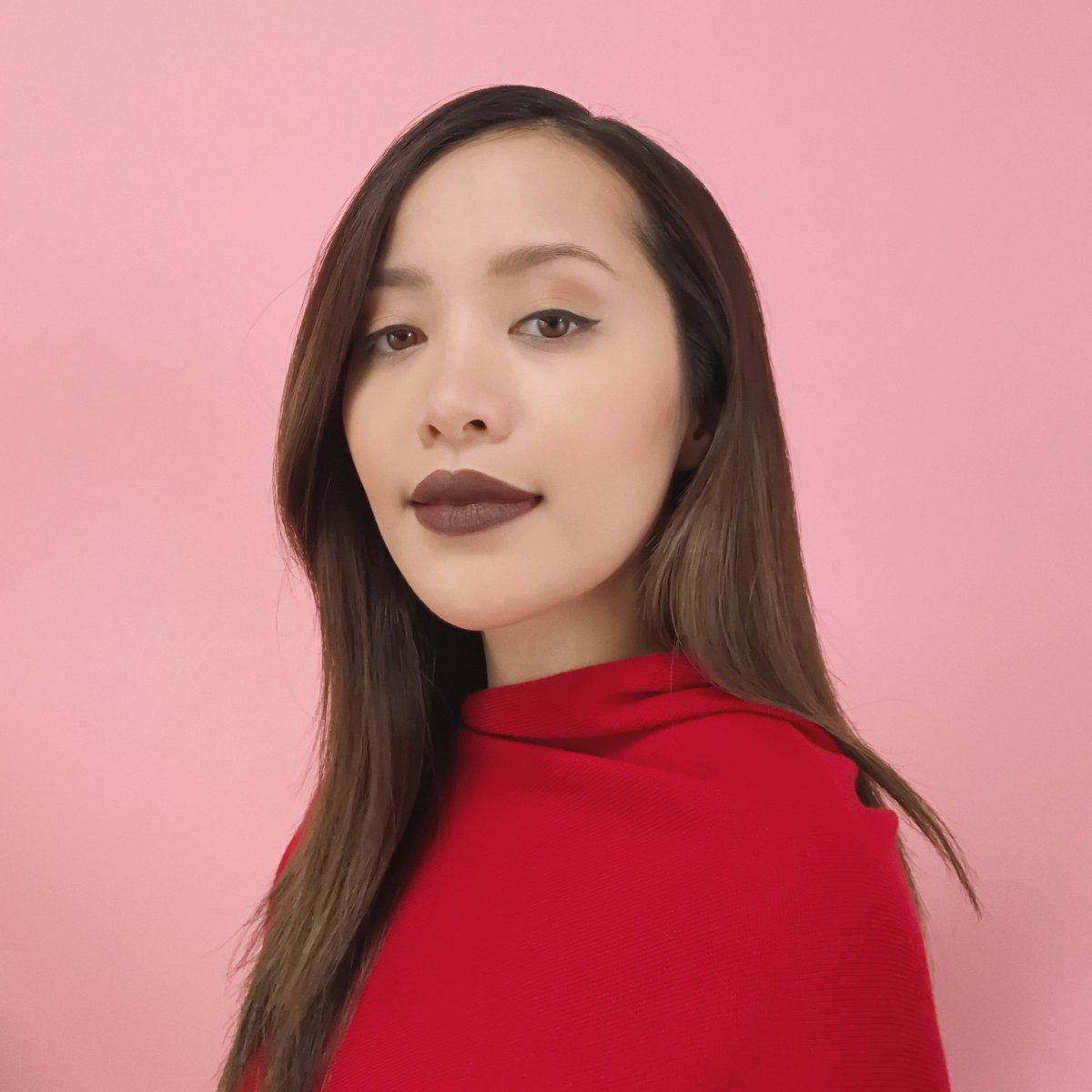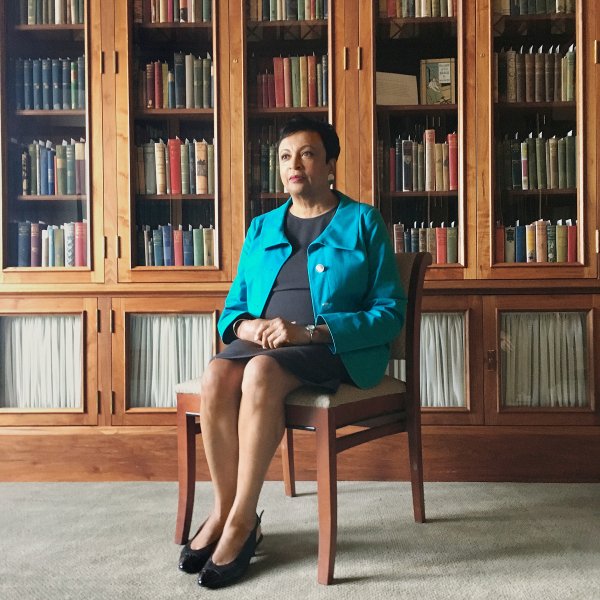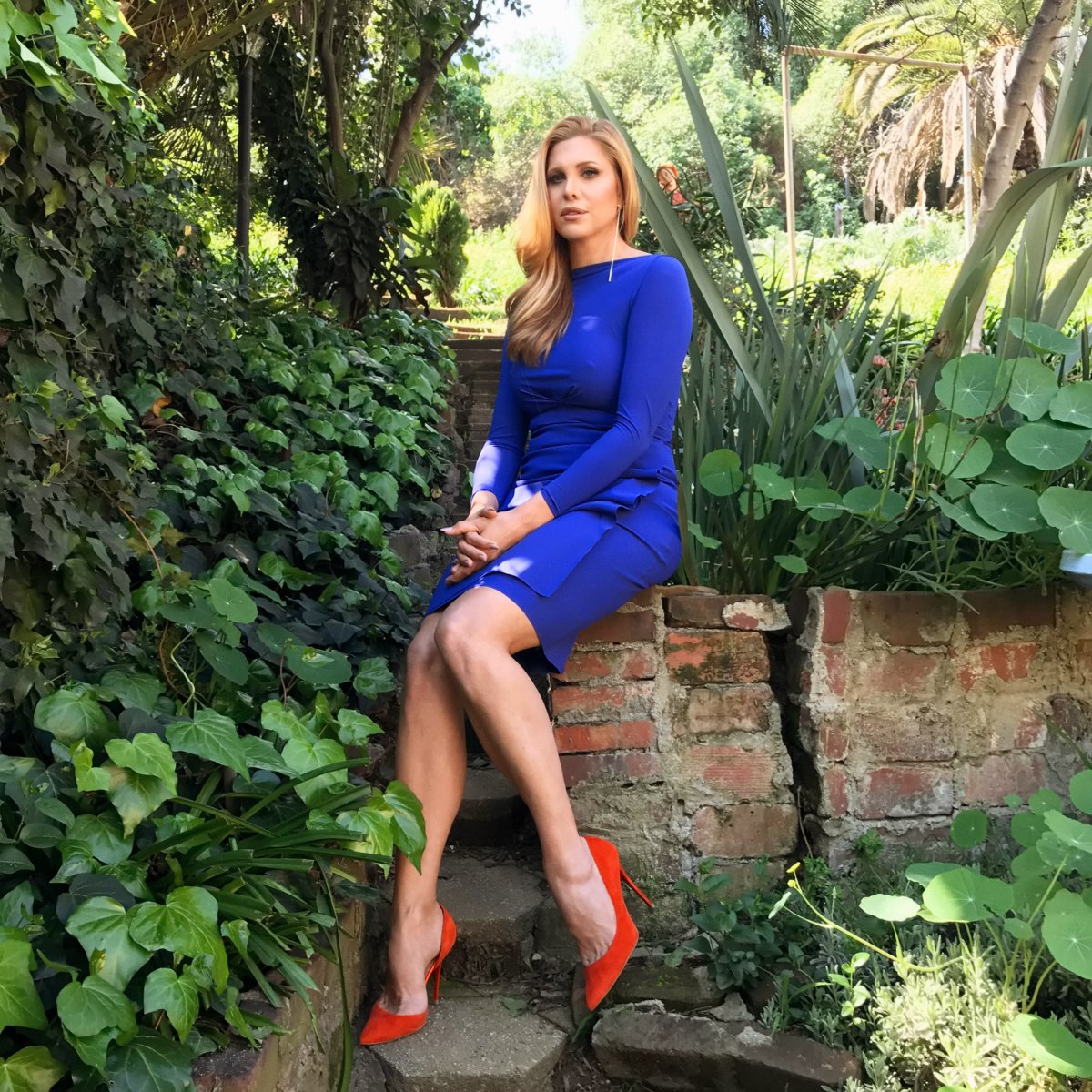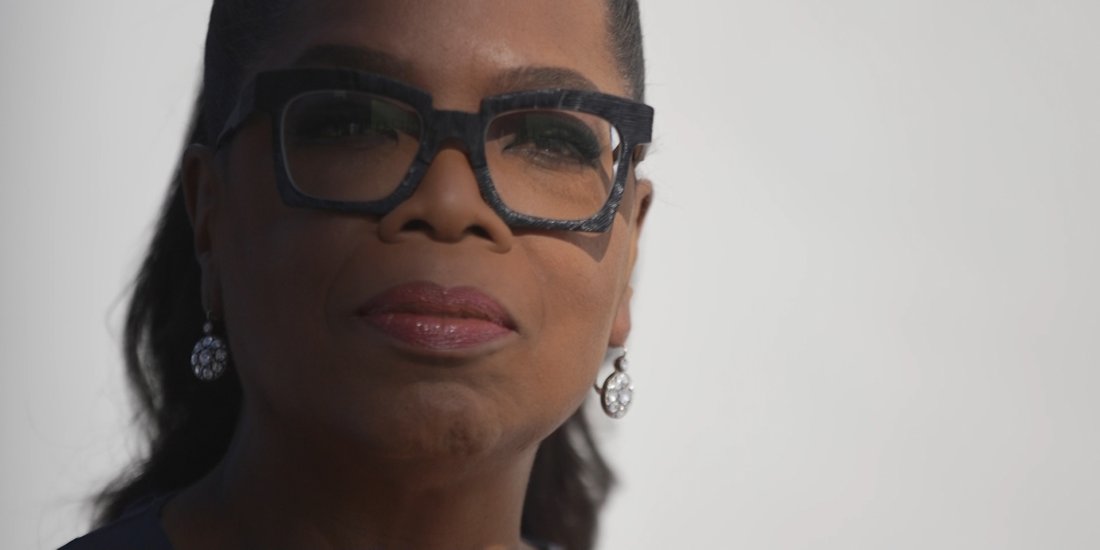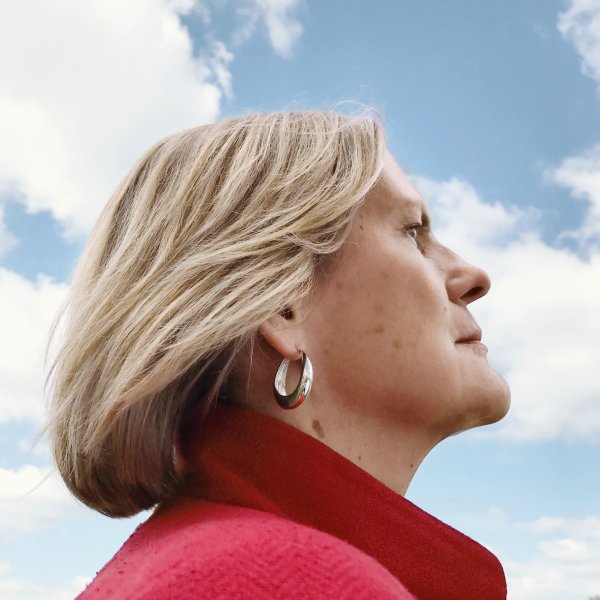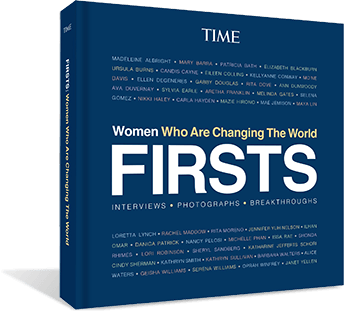The Gymnast
Gabby Douglas
First American gymnast to win solo and team all-around gold medals at one Olympics
Interview
‘My mom always used to say, “Inspire a generation.”’
My first introduction to gymnastics was through my older sister Arielle. She used to be a gymnast, and I saw her doing gymnastics drills. I wanted to do what she was doing, so she taught me how to do my first cartwheel. My mom says that by the end of the week, I was teaching myself one-armed cartwheels and aerials and my sister was like, “You need to put this kid in gymnastics.”
I was always an adrenaline junkie. When I was 3, I would climb up the doorframes on walls and just sit there. From a young age, I did it for fun. I never knew it was going to be something that I did—my career. I just fell in love with gymnastics.
At about age 9, I realized, Hey, I want to take this seriously—I want to pursue the Olympic path. I was always in front of cameras at meets, so I was used to the public eye. But the Olympic stage is different. The Games teach you to act a certain way, to be disciplined, to tweak this and tweak that. They teach you to be a mature young lady, and you grow up fast. I never knew what to expect.
The last Olympic Games were pretty rough for me. I was not expecting a whole bunch of criticism on every single thing I did. Sure, I was expecting a little here and there because I had dealt with it in 2012, but I was caught off guard by the extent of it. Even though you have to perform, you also have to look your best, but sometimes you don’t have makeup in your bag, or you sweat, or you don’t have a brush. Some gymnasts don’t wear makeup, and people say, “Oh, she looks rough!” Makeup to me is part of being in character—like a bow in your hair. And then of course people say, “Why do you have makeup on? This is a competition, not a beauty pageant! You don’t need makeup, you look pretty without it.” You can’t please everybody, so just do your normal.
When I started this journey, I never knew what it actually took to get to the Olympics. I thought it was: Train. Make it on the team. Go to the Olympics. I had to sacrifice a normal kind of life for gymnastics, but I didn’t mind. The sacrifices meant moving from Virginia Beach to Iowa, getting a different coach. I sacrificed my privacy and my life. Gymnastics is what I was going to eat, breathe and sleep. I lived with a host family. I was so close with my own family, so that was a huge change for me. I’m the baby of my family. But when I went to Iowa, I was a big sister. How does a young person help even younger ones? So, it was different, and I missed my family a lot. It also felt like déjà vu—doing everything the same, every day, for 14 years is grueling. It takes a lot to be an Olympic athlete. You have to be amazing, and you have to work hard. You may have a talent, but the people who work harder than you will surpass you.
Throughout my career, a lot of people have doubted me. When someone tells you that you can’t do it, especially when there are multiple people, you start to believe it, and you don’t believe in yourself. It took me about 10 years to figure out how great I was at gymnastics. You have to believe that you’re good enough.
In 2011, I strained my hamstring and my hip flexor, though in training I had still been doing well. But when I went out onto the competition floor, I fell seven times. It was the national championships, and I was on TV. Seven times?! It was so embarrassing. My mom told me, “That’s what a winner is—when you fall and you get right back up and you don’t quit.” But I said, “I don’t think I want to try until next year.” My coaches were like, “Just try out for the world championships,” and I was like, “I don’t think I’m going to try.” It’s awful—the worst thing ever—when you’re so talented and you believe that you can do something, but fear holds you back. It’s torment.
But I went to the world championships and I got a team gold, and it was a great experience. The coach I was working with at the time told me, “All right, when we get back to the gym, we’re going to get it.” He made me sweat, and I love it, I love hard work—it means I’m accomplishing something.
Then 2012 came around, and I got invited to do the American Cup. I was a different person, a different gymnast. Everyone was just like, “Dang! Who is this girl?”
It was that drive, it was “I’m not going to be embarrassed again. I have a talent and I’m going to use it.”
It’s important to have strong female individuals to look up to—because everyone struggles. I love Serena Williams. People can say mean things to her, and she literally is just like, Nah, I’m still going to do whatever it is. You don’t get to tell me. She plays with the criticism. It’s awesome, and I want to start doing that. People can be so negative and so mean, but you just make it fun, and bring them back to love.
And I have learned from my mom and my sisters to always fight, always, and to never give up, no matter what the odds look like. My mom has sacrificed her whole life for me to achieve mine, and I’m so grateful for that. Sometimes parents try to live a dream through their kids, but it has to be the kid’s choice, and the kid’s passion.
My mom always used to say, “Inspire a generation.” It’s one thing when you say it, but I never thought that I would be a trailblazer and that people would draw inspiration from my story. When that happened, we were like, “Whoa!” To be a role model to these young girls … I love it. It’s like I’m a big sister.
Douglas won three gold medals at the 2012 and 2016 Olympic Games and helped Team USA win gold at the 2011 and 2015 world championships.
